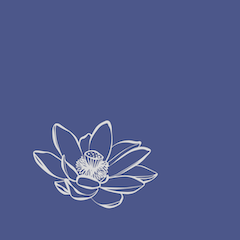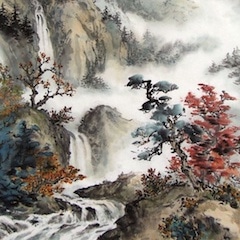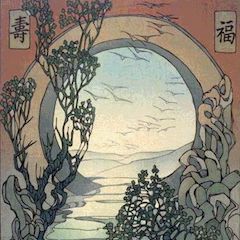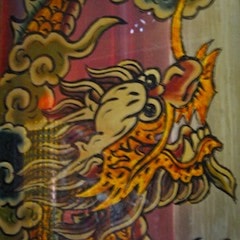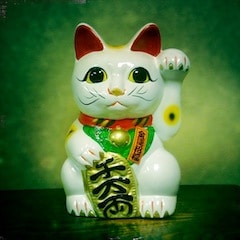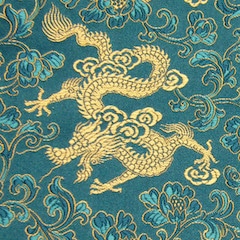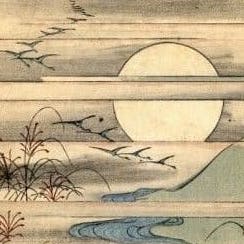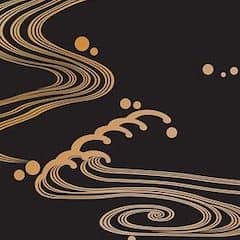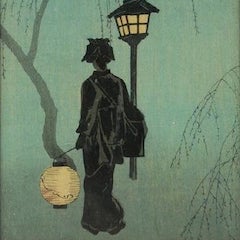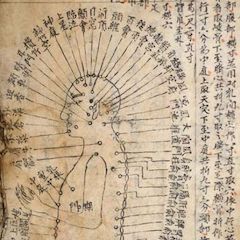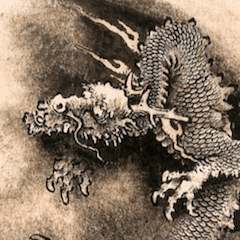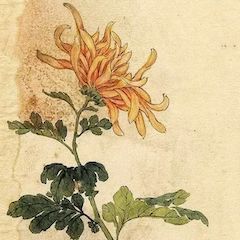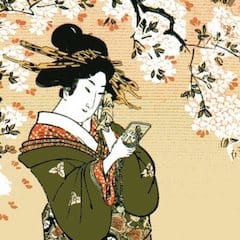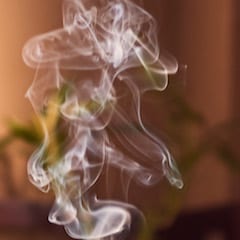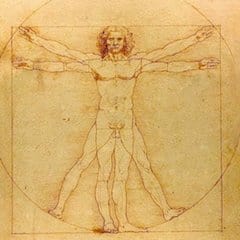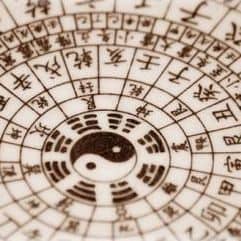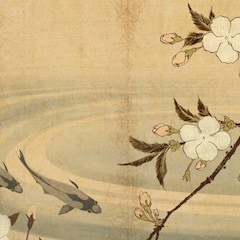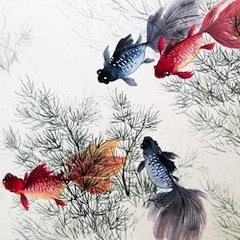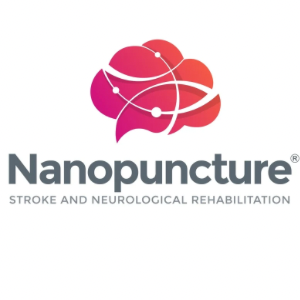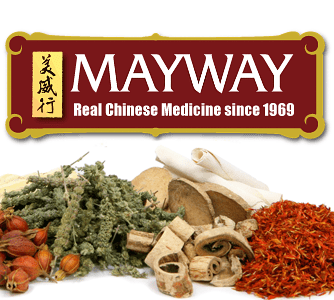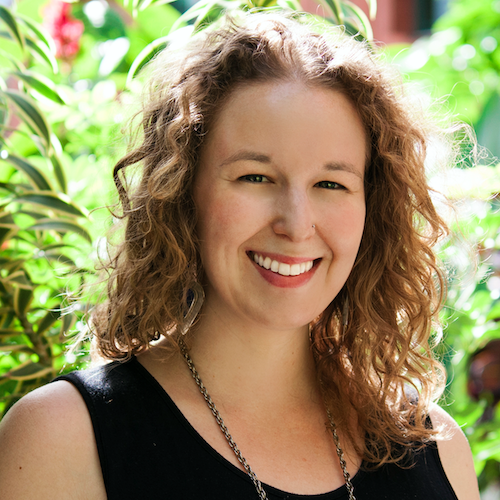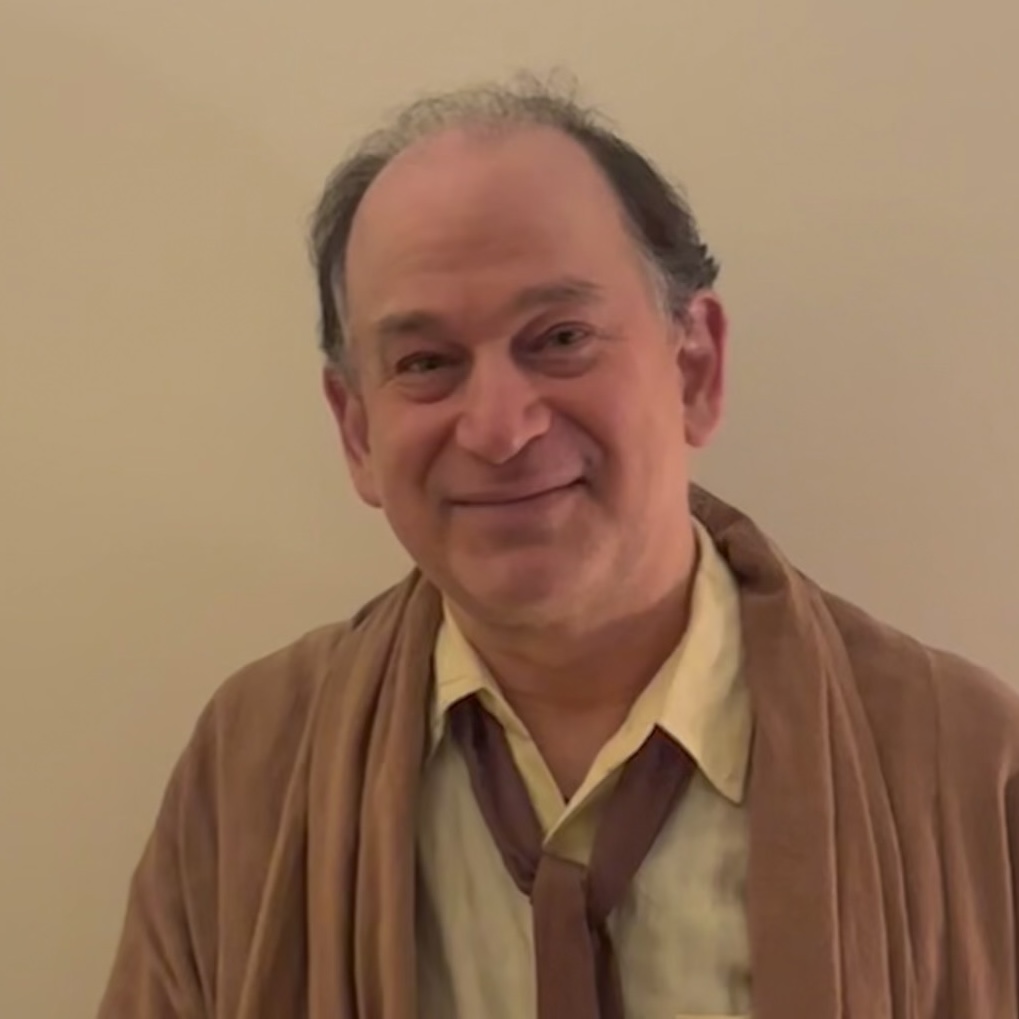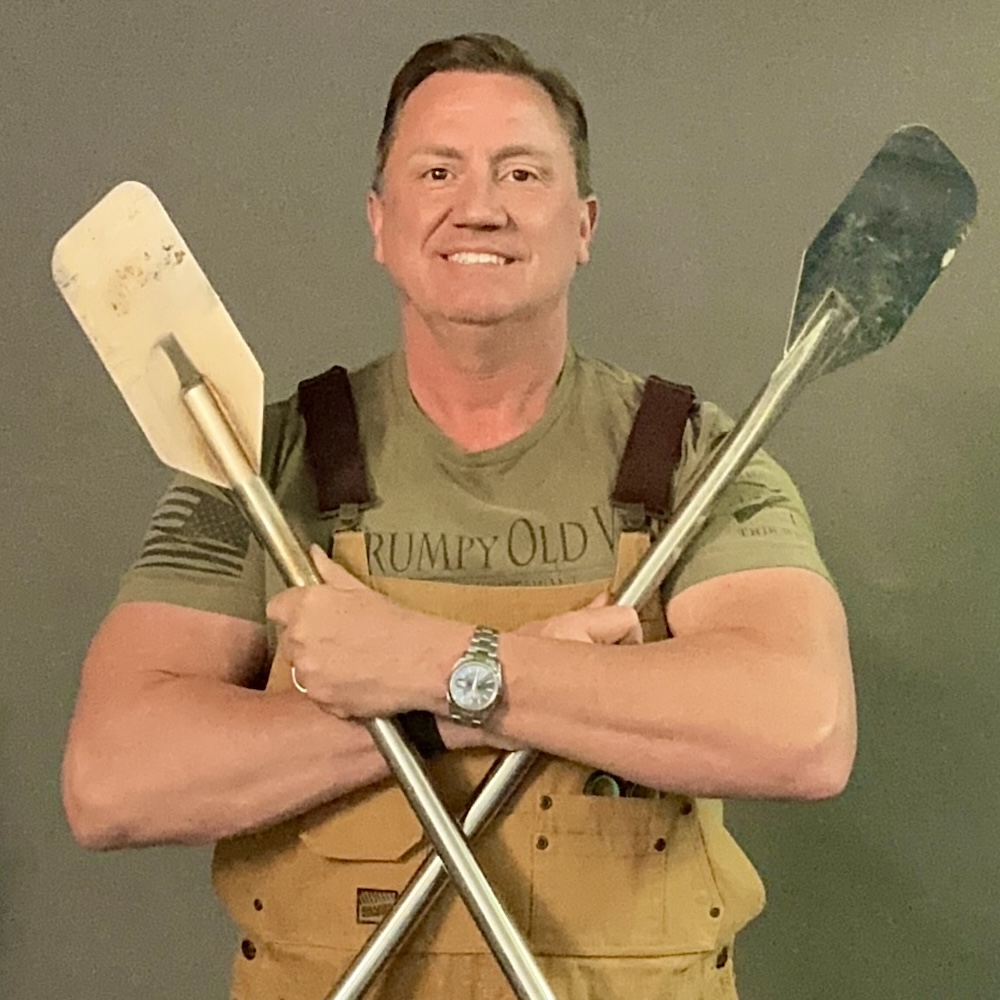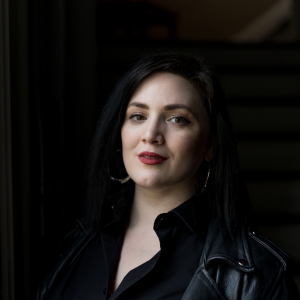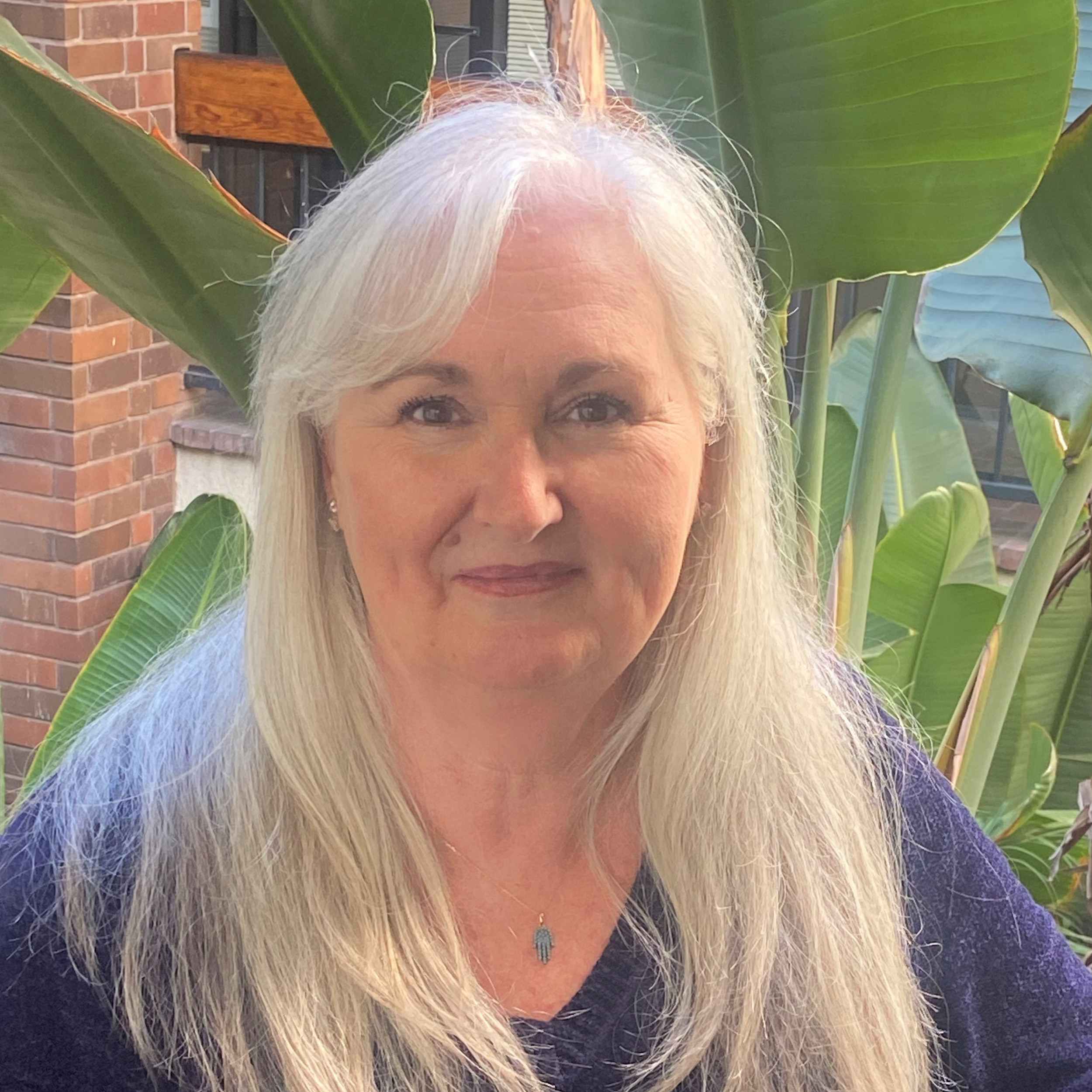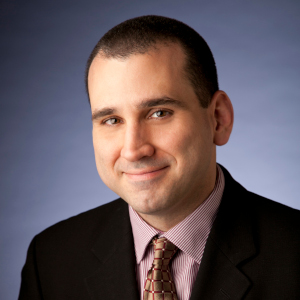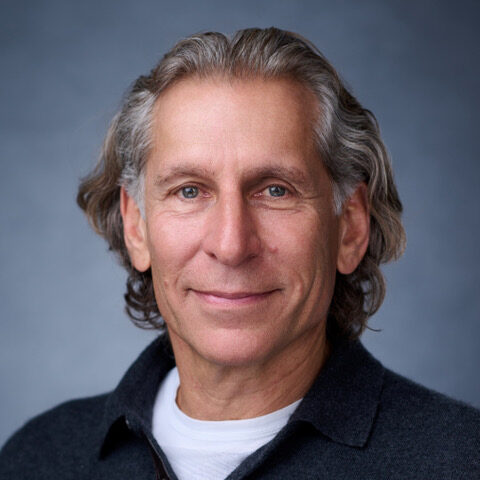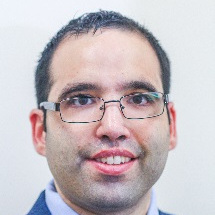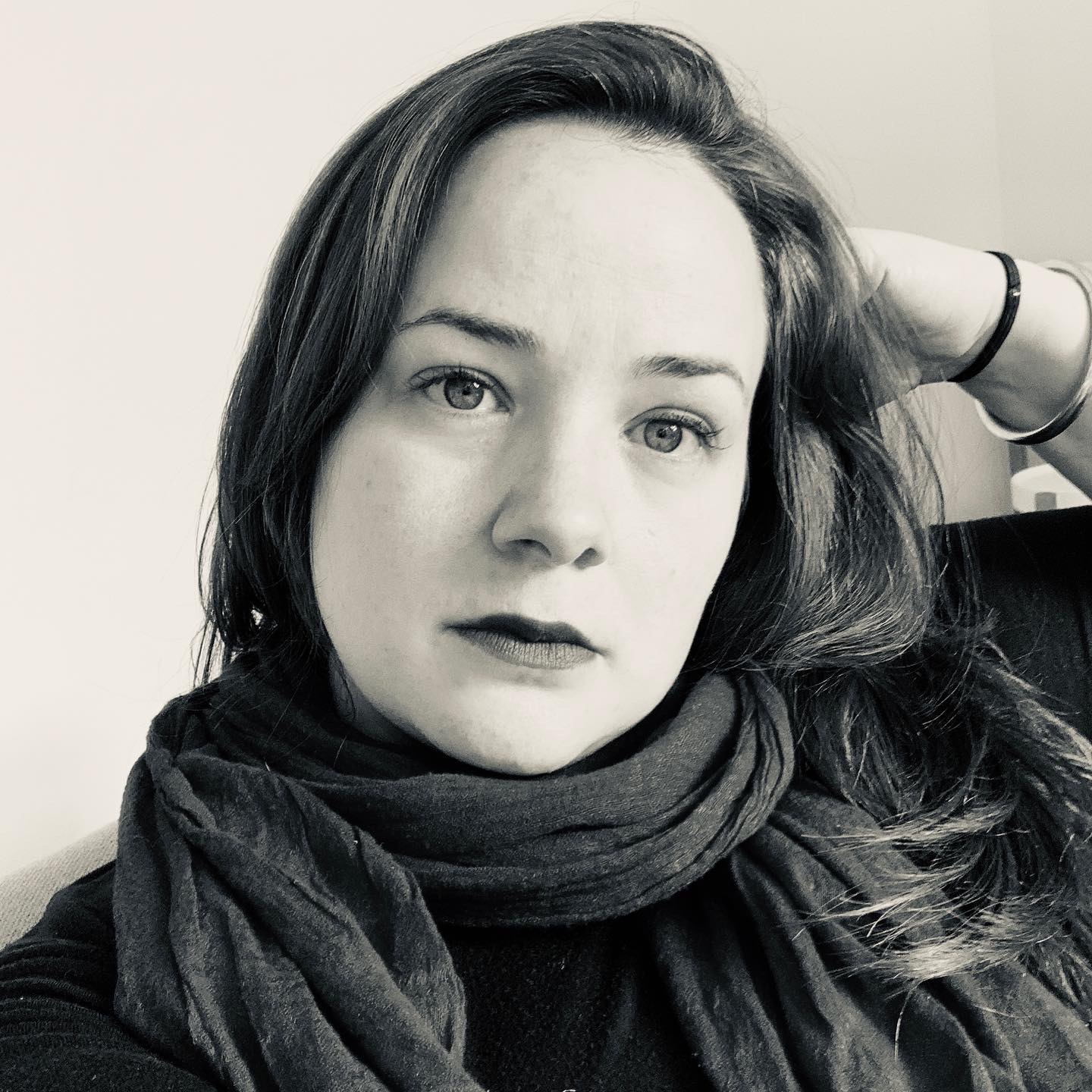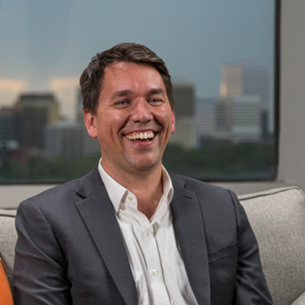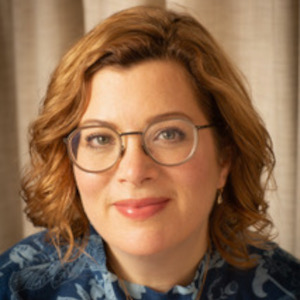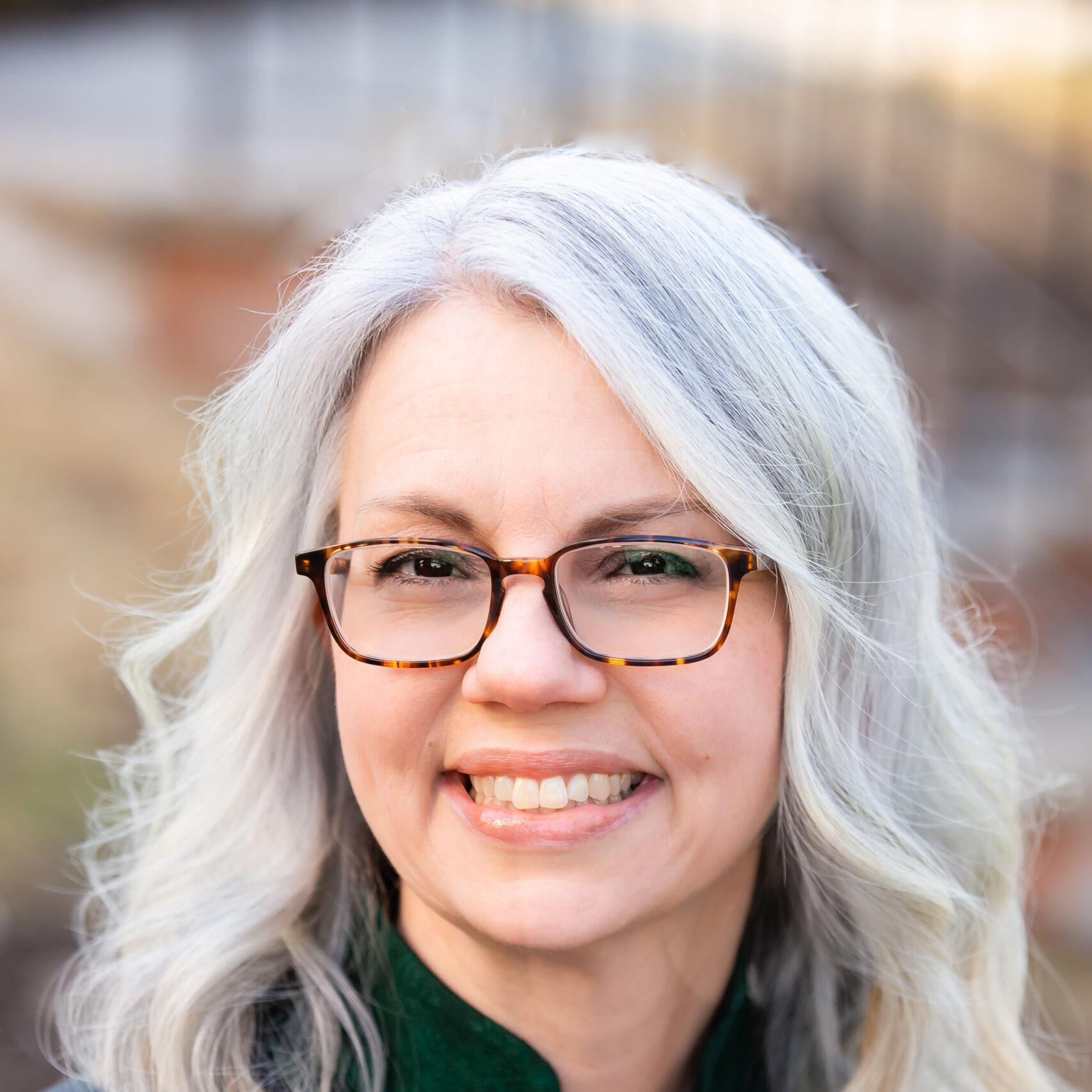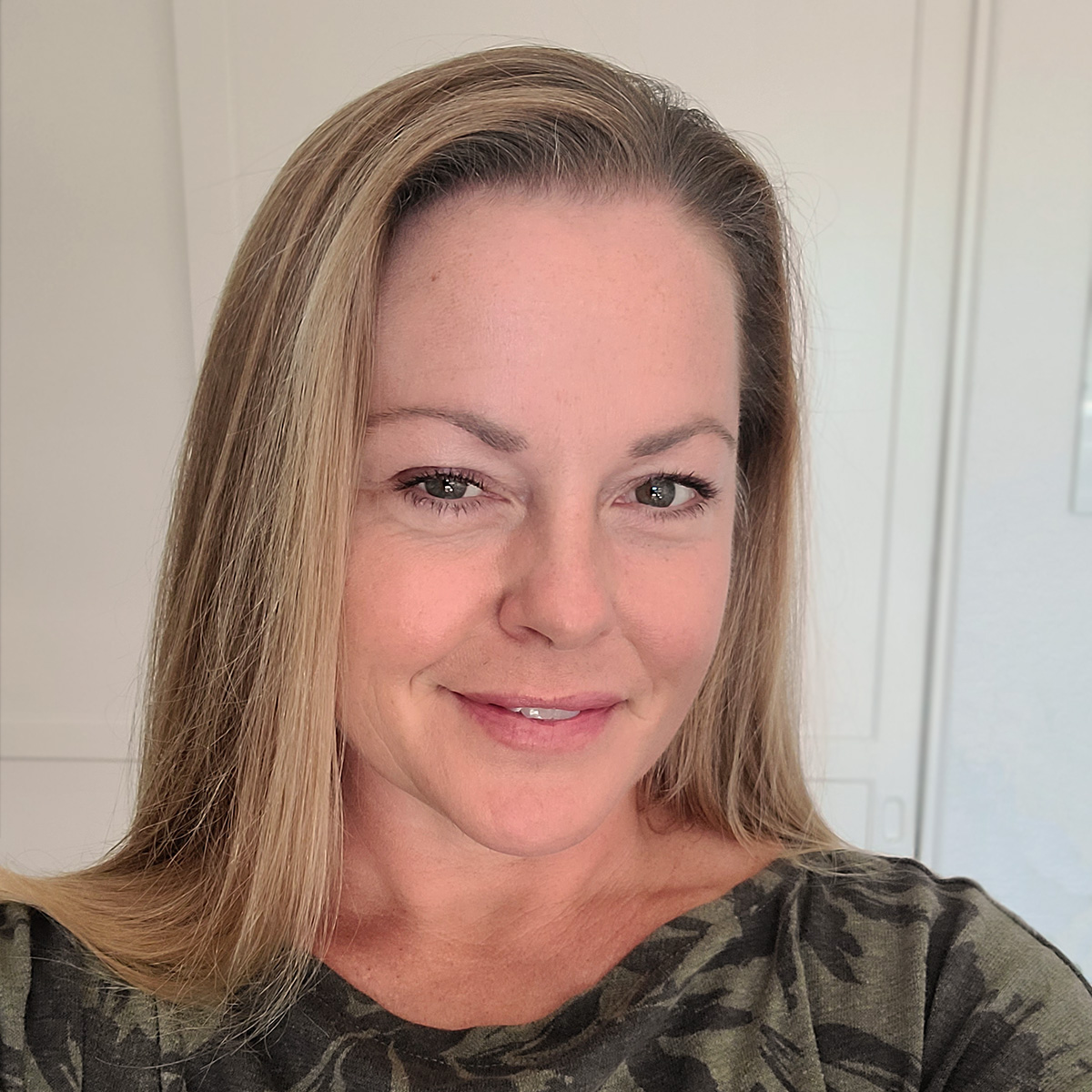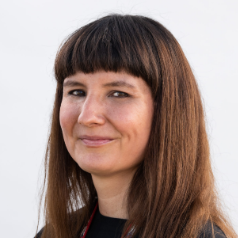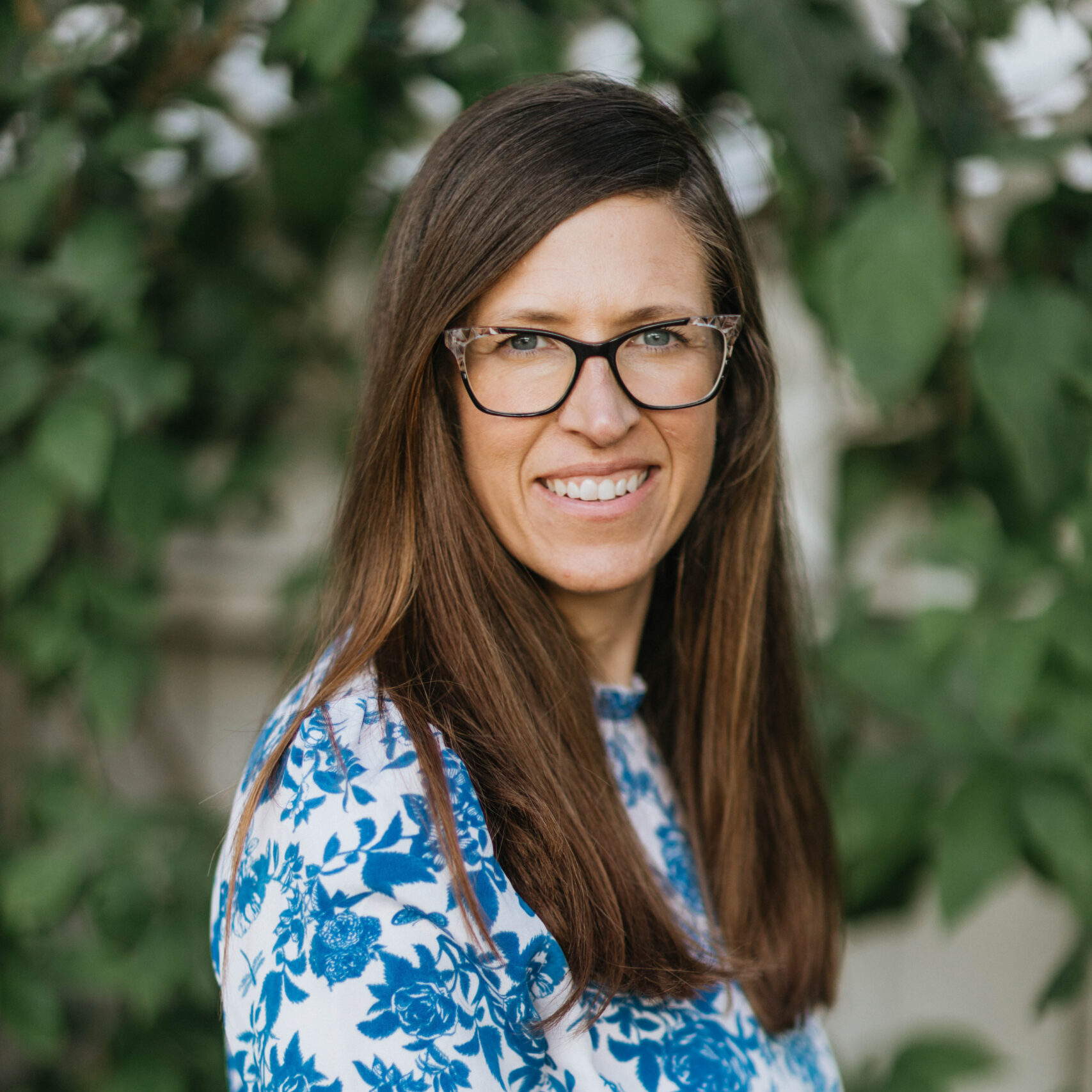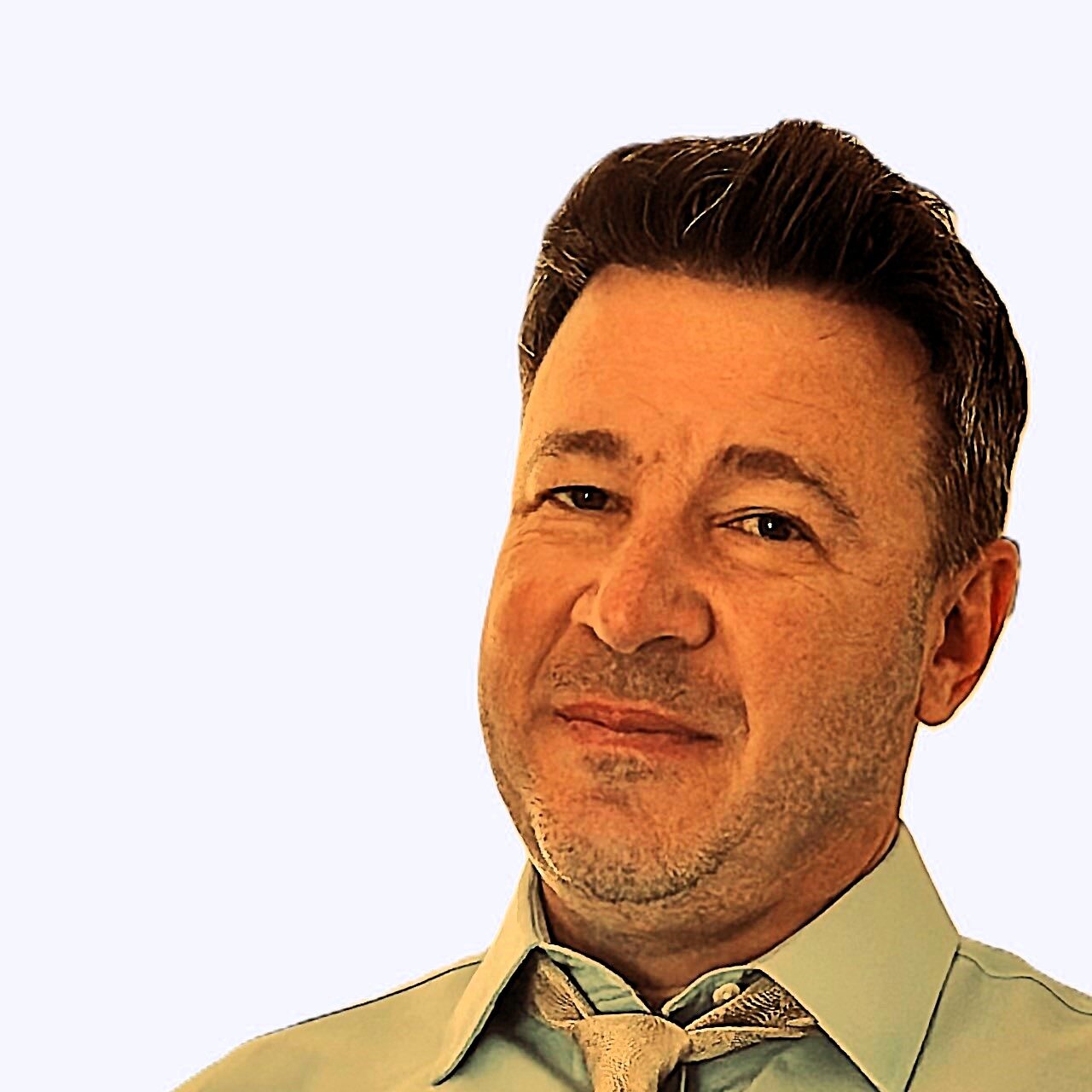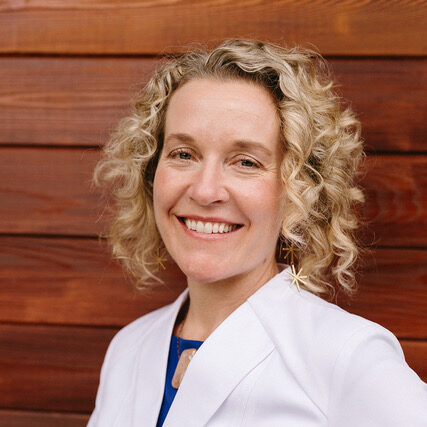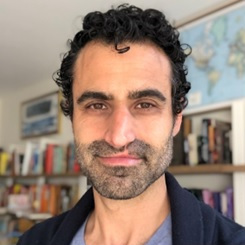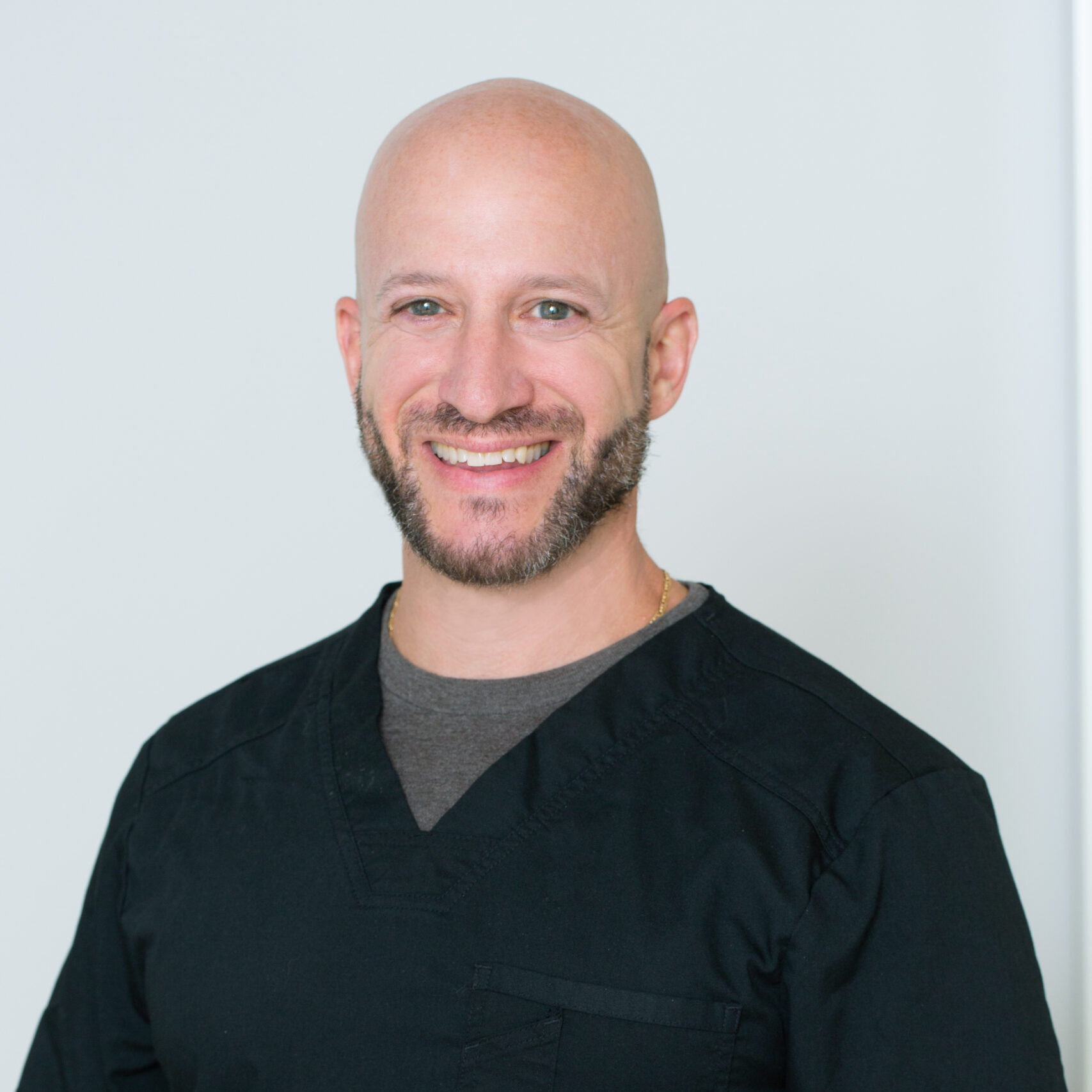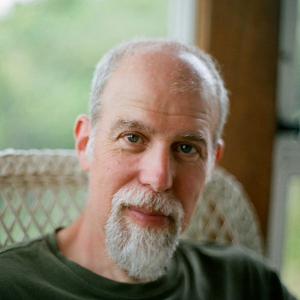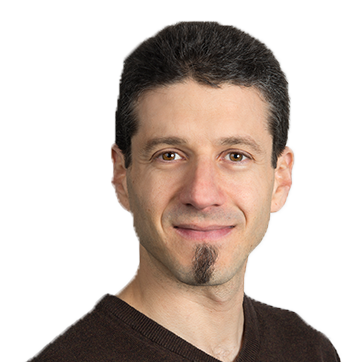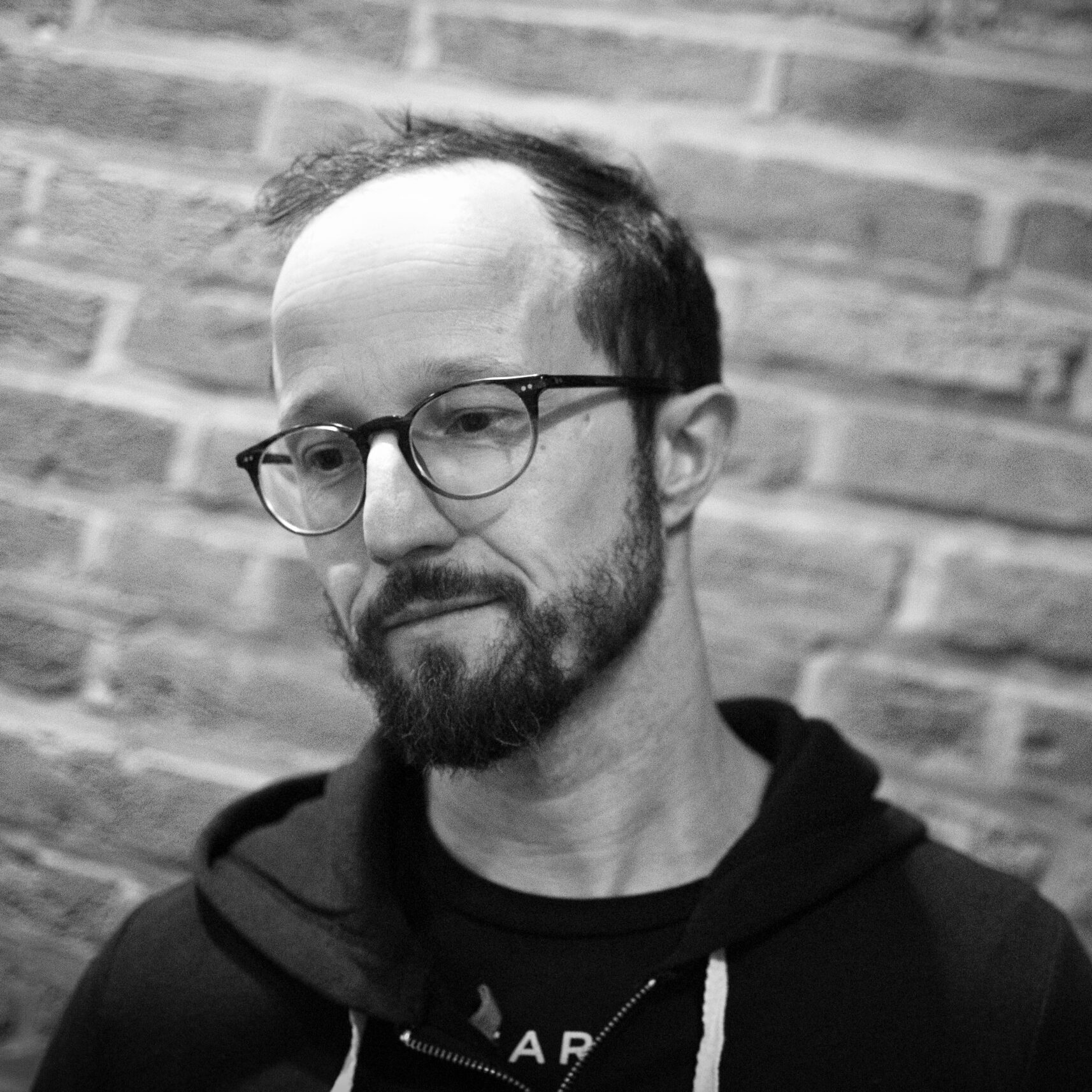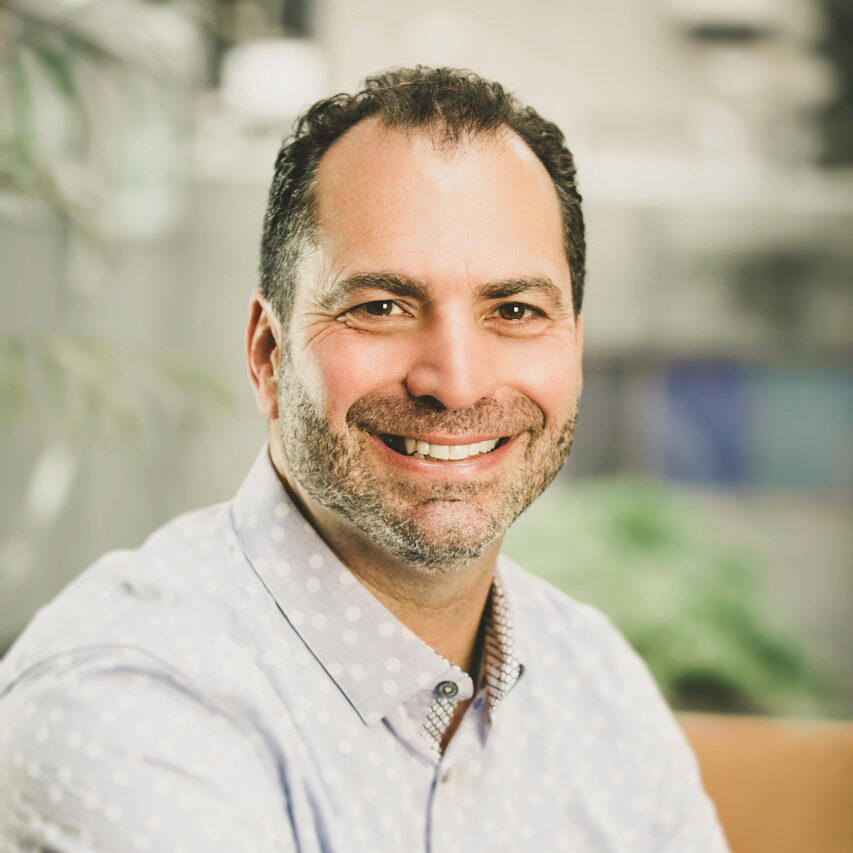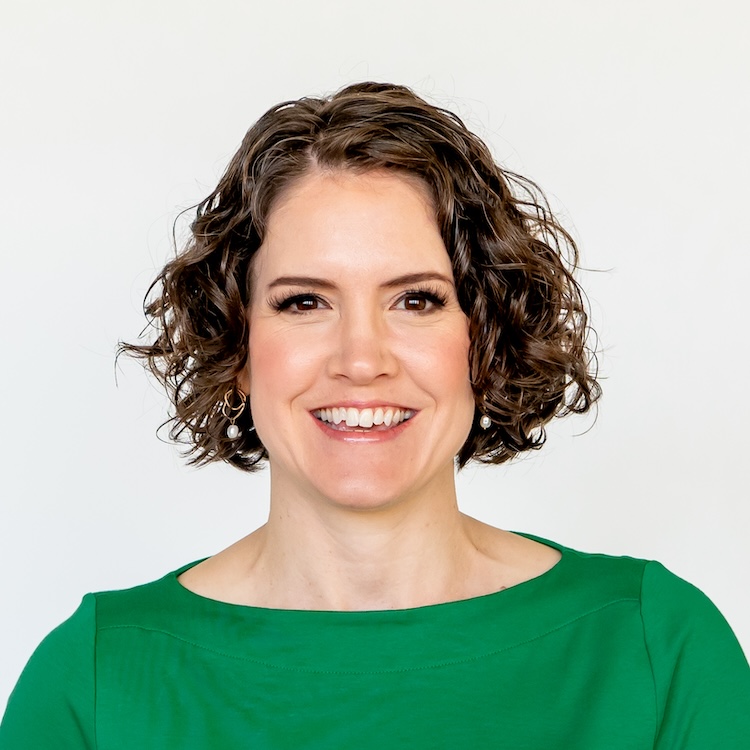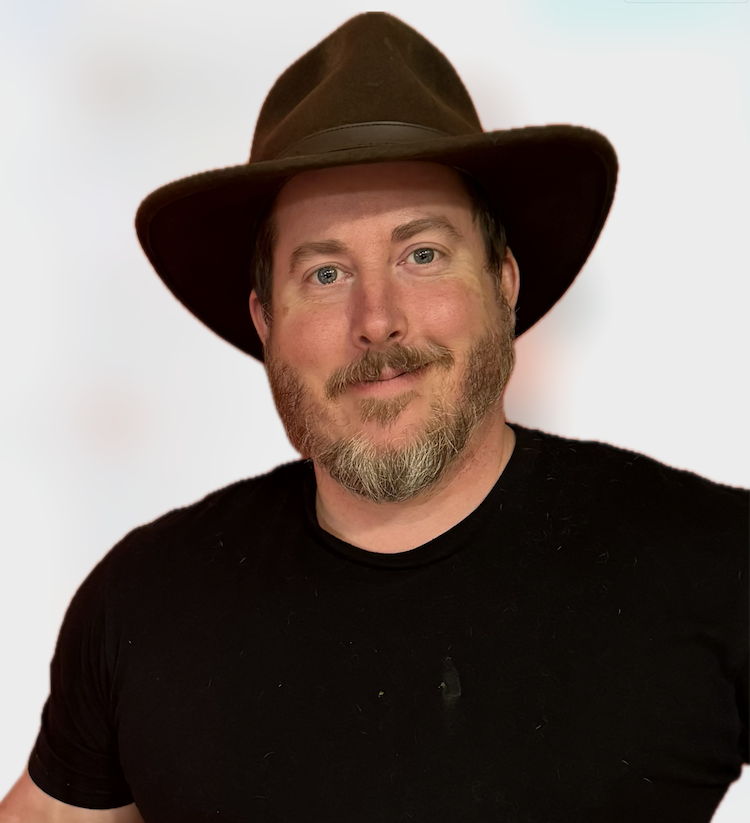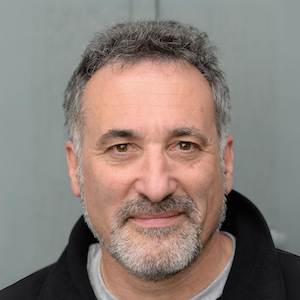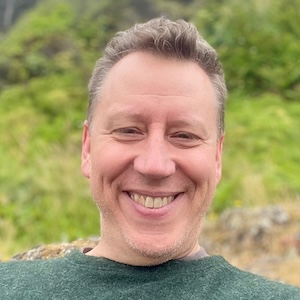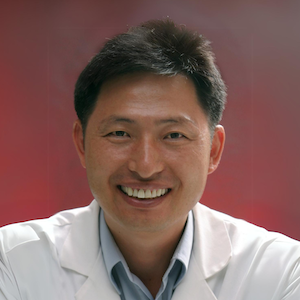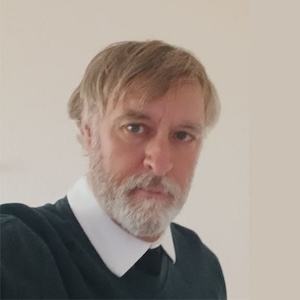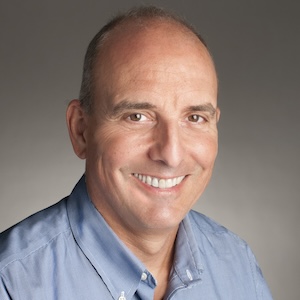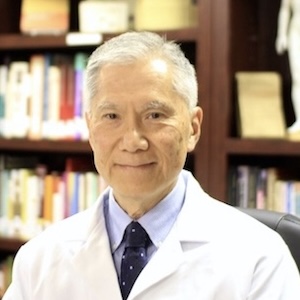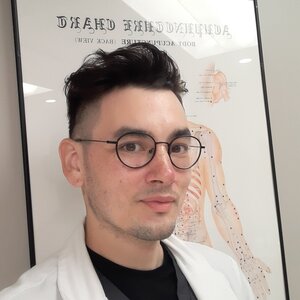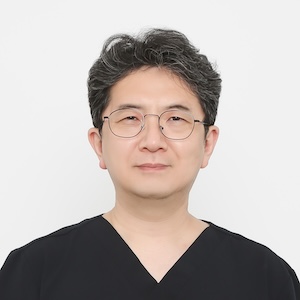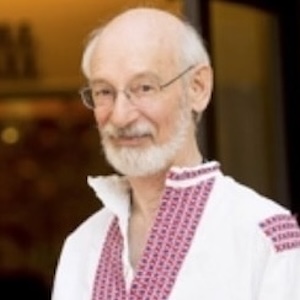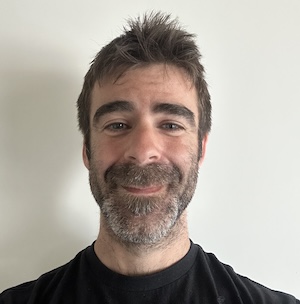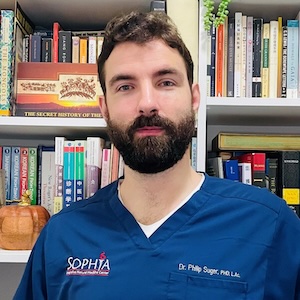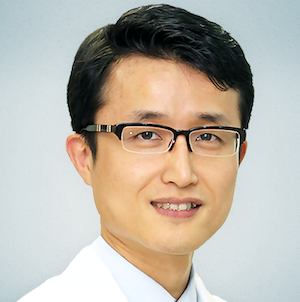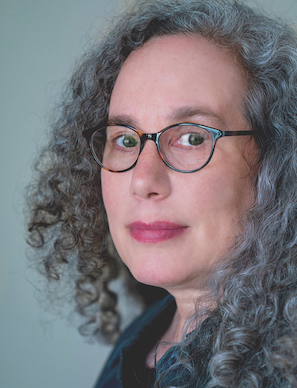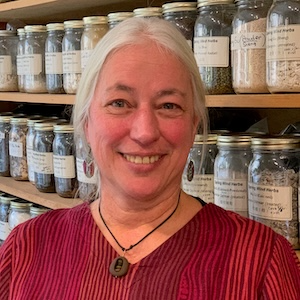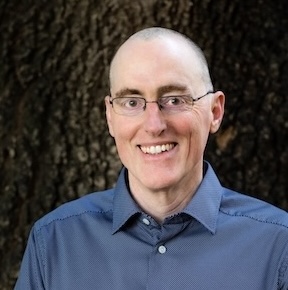382 Reconsidering Ren One • Orit Zilberman & Hila Yaffe
When thinking about our toolkit, most acupuncturists, and patients too for that matter, think about needles. Our job, it’s to use those whisper thin slivers of steel with skill and accuracy. But sometimes the best tool for the job might not be a needle.
In this conversation with Orit Zilberman and Hila Yaffee we consider the use of Hui Yin, Ren One.
For sure this point it’s important and there are challenges to using and learning to use this influential meeting of yin.
Listen into this discussion on both the trauma and healing that can result from working with Ren One, how our own image of what it means to be a doctor can influence how we think about working with this point, and some non-needle ways to powerfully unlock the capacity for healing at the Meeting of Yin.
read moreSubscribe To This Podcast In Your Favourite Player
120 The Archetypes of Confucius and Carl Jung • Pia Giammasi
Archetypes are deep influences that all humans share. They give us a glimpse into the complicated landscape of our psyche. They can live in the light or influence from the dark. Carl Jung had a lot to say about our intrapsychic world, how these influences are shared across culture and time, and how they manifest in personal and societal behavior. And while they are separated by the distance of culture and thousands of years Confucius had a lot to say that rhymes with the Jungian ideas on Being, Doing, Thinking and Feeling
read more119 The Power of Connection- Business as an Aspect of Community • Brigitte Linder
An often overlooked aspect of running our own business is that it gives us a potent way of connecting with others and serving a community. Sure there are additional responsibilities that come with this kind of an opportunity. But the freedom it can give us, and the ways it will challenge us with personal growth, opens up experiences and opportunities we’d otherwise not have.
Listen into this conversation on how doing business asks each of us to develop untapped potential in ourselves, connect us with a larger community and give us the opportunity to live a life where we get to choose our own responsibilities.
read morePractical Cosmology • Deborah Woolf
How does acupuncture work?
We hear this question all the time. From our patients, from someone we just met at a neighborhood BBQ, from out parents, and if we are honest— ourselves.
The ancient Chinese mind that conjured up acupuncture did not consider nerve pathways, endocrinological response or brain chemistry.
The ancient Chinese mind looked out into nature and used that reflection to dream into the body. They considered the natural tides of expansion and contraction. The formed and the unformed, and how physical form arises from an unseen patterning that leaves its trace, like wind on deserts sands.
read more118 Daoism in the Modern World • Josh Paynter
Daoism and Daoist thought is something that many acupuncturists have been exposed to. It might have been part of what launched our interest in studying medicine. And perhaps you’ve had the experience of reading books like the Dao De Jing and come away more with a sense of confusion than clarity. It’s challenging for us as modern westerners to grasp the meaning of writings that have come to us from across the expanse of time, culture and language.
read more117 Getting Your Finances Right- What the Entrepreneurial Acupuncturist Needs to Know • Beverly Hacker
Money, for many, is the pebble in our shoe that irrates enough to annoy, but not enough for us to make a fundemental change. And if our accounting systems mirror our confusion or conflict around finances, then that adds more one more thing that we’d prefer not to think too much that will undoubtly circle back and be a source of suffering.
A good accounting system, and the basic understanding of the principles involved can save us a lot of trouble. And it’s not that difficult. If you can learn Chinese medicine, you can certainly grasp the fundamental accounting principles that will help you to better understand the financial health of your practice.
read more116 Qi Anatomy • Brenda Hood
The way we make sense of structure helps us to understand function. Drawing lines and divisions helps us to understand parts. But a keen understanding of the parts does not always help us to see the whole of the functioning of those parts. The...
read more115 Beyond The Visible – Electromagnetic Radiation and Health • Brandon LaGreca
Chinese medicine reminds us that we are one part of a complex, interdependent and ever evolving ecosystem. That we both influence and are influenced by the world. Our toolmaking ability has wrought remarkable changes on the world, and on ourselves.
read more114 Wisdom Guild: Listening to Our Practice • Njemile Carol Jones, Laura Christensen, Esther Platner
What gets us started is not what sustains us over the long haul. The energy of beginning is essential at the start of any new endeavor. But what got us to here, will not get us to there.
It’s easy to think that we are broken because what brought us success does not help us in managing success. Nor does it help us to move through the stages of development as we age and face the challenges slowing our practice down, passing it along or letting go of it altogether.
read more113 Ripples in the Flow: Pulses, Nanjing and the Questioning Mind • Z'ev Rosenberg
The classics are helpful not just because they contain pointers to how medicine works. They are helpful because of the discussions they have generated amongst practitioners over the twin distances of time and space. They are a kind of thread that connects us with the doctors of the past who have gone to this well for the wisdom within.
Listen in to this conversation on the pulse as seen through the perspective of the Classic of Difficulties, how the principle of 理 (coherence) shows up in the work we do, issues of free will and that troublesome question of what constitutes a cure.
112 Acupuncture in the Integrative Hospice • Robyn Curtis
Most of us spend our days treating illness and working to bring out patients into a great state of health and wellbeing. But there are moments toward the end of life when the greatest state of health and wellbeing means helping someone to more gently leave this world.
read more111 Conversations From the Pacific Symposium 2019
This is a series of short conversations with some of the attendees of the Pacific Symposium.
Listen in to the wide variety of perspective and practice as it relates to Acupuncture and East Asian Medicine
read more110 A Qing Dynasty Perpective on Channels and Points • Michael Brown
Access to acupuncture point location and function has not always been a matter of a few clicks on your mobile phone. This kind of information has not always been at our fingertips. And there is a great wealth of material has not made its way into...
read more109 Spirals, Stems and Branches: The Structure of Unfoldment in Time and Space • Deborah Woolf
Stems and Branches are old Chinese science. Our medicine touches on it, but most of us rely on the more modern perspectives for our clincal work. The Stems and Branches speak to a perspective of the universe and our place in it that is foreign to our minds not because of language and culture, but because we live a world that focus more on humanity than cosmos.
read more108 Outside the Box and Inside the Heart Medicine • Amy Mager
The medicine we practice doesn’t just help us to help others. It can help us to live more deeply into our own lives. The challenges, adversity and difficulties we encounter show us what we are made of and build resiliency. The practices we create are a living expression of who we see ourselves to be. Furthermore, the process of creating a successful practice that we want to work in, it’s an on-going process.
read more107 Treating Psoriasis with Chinese Herbal Medicine • Sabine Schmitz
With Chinese medicine we know that issues of the skin are more than skin deep. That imbalances in the internal environment can manifest on the exterior. And that if we focus solely on what is seen on the surface, we’ll miss the larger picture that is unfolding below.
read more106 Rhythm and Motion: The Magic of Bamboo Moxa • Oran Kivity
The characters for acupuncture in Chinese, 針灸zhen jiu, literally translate as needle and moxa.
You surely were introduced to the cigar-like pole moxa and large cones of smoldering mugwort on slices of ginger or aconite in acupuncture school. Perhaps you also were exposed to the Japanese rice grain moxa techniques or burning balls of moxa on the head of needle. Not surprising there are a variety of forms of using Ai Ye to bring a kind of simulative heat into the body.
read more105 Posture, Structure, Function and Knife Needles • Brian Bowen
Musculoskeletal issues are the bread and butter of many acupuncture practices. Many people only think of acupuncture when they think about the treatment of pain, and not without good reason. Acupuncture is helpful in the treatment of pain. And as acupuncturists we know we could probably do a lot better too.
In this conversation we explore the use of the Dao Zhen, the knife needle. But more importantly, we take a look at how the body is put together. And how to “see” the story of a person’s physiology.
read more104 Considering Our Roots- The Overlooked Basics of Chinese Medicine • Rhonda Chang
We pride ourselves on being connected to an ancient medicine, to a way of thinking, working and treating that ties us back to the luminaries of our field. But medicine is always influenced by the times. And the influences that brought Chinese medicine to the west, and the ways we learned it shape our thought and practice.
read more103 Resonance and Vibration • Mary Elizabeth Wakefield & MichelAngelo
Resonance, 感應 gan ying, is an aspect of Chinese philosophy that runs through many aspects of our medicine.
We see resonance as we look through the unfolding of life through the five phases. The way we see east, spring, liver, green, beginnings and wood as having shared energies; the way they resonant the phase of wood.
read more102 Getting Your Tech Together: What Acupuncturists Need to Know About Technology • Stacey Chapman
We all know that Tech is part of a modern practice. And regardless of whether we love it, or hate it, it plays a central role in our day to day operations, marketing and communications.Just like our patients find the language of Chinese medicine to...
read more
